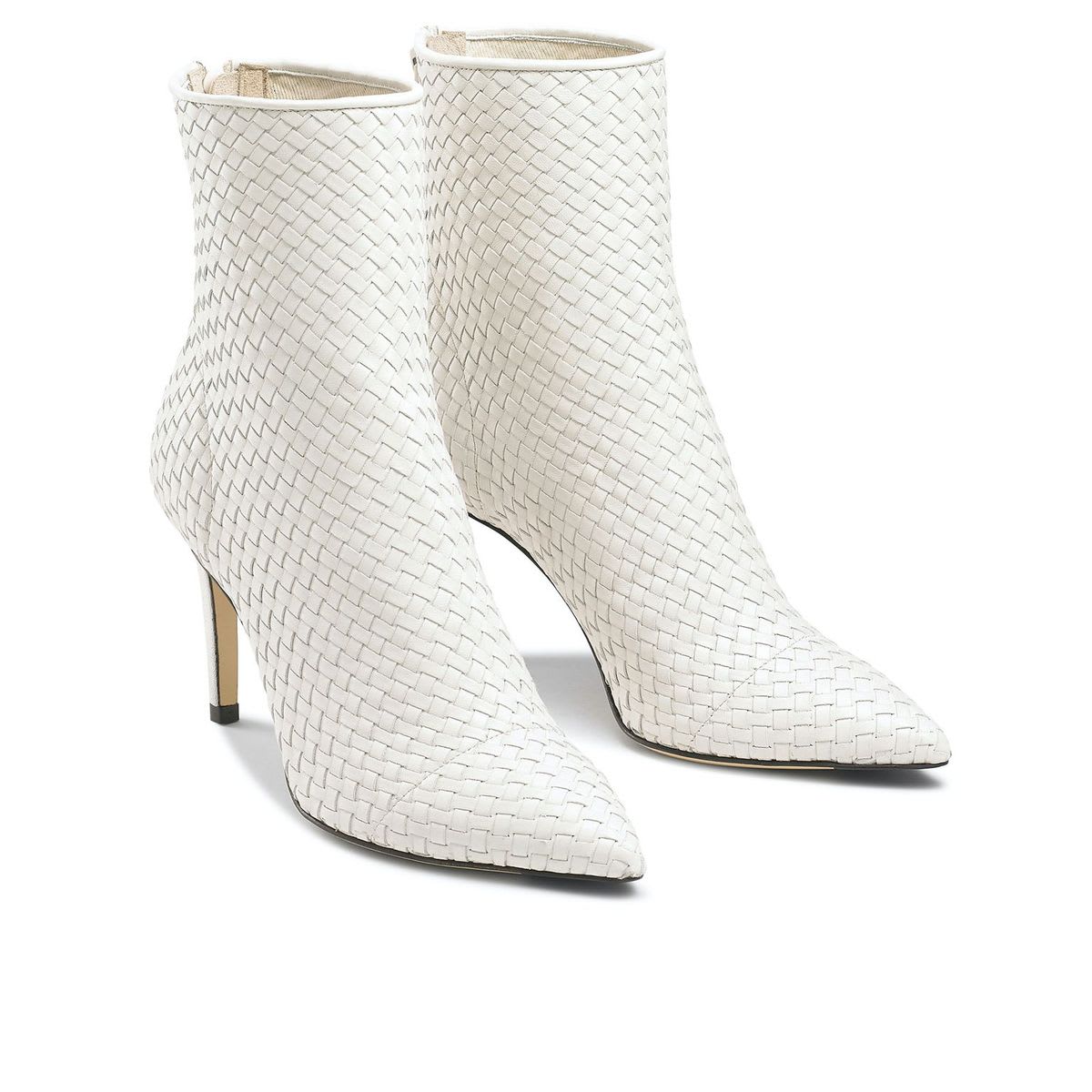For the best of British issue, I’m inspired this month by a specific element of the fabled British spirit: phlegm. The ability to stay calm and unemotional in trying situations; alleged to be part and parcel of the stiff upper lip, the cool cucumber. Let me be straight: I don’t think of myself as phlegmatic, indeed I am a hyperbolic emotional display made flesh. I absorb feeling like a sponge, often ignoring the practical in favour of the emotional. If there’s a mood in the air, I will feel it; I guess in modern-day parlance I would have to identify myself as an empath (and believe me, I’m shuddering as I type this with all its self-important overtones).
I have a theory that if like me, your formative years were spent inhaling the films of the 80s and 90s then you form the unshakeable conviction that any problem can and should be talked out. That closure is necessary and can only be achieved by an open and honest conversation that plumbs the depths of the emotional psyche and yes, that might prove harrowing but ultimately it is the only way to resolve crises. I find it hard to move on from this but recent events have at least allowed me to acknowledge that there is a very valuable place for a more phlegmatic approach to life’s vicissitudes.
Whilst the phlegmatic personality type can be viewed as apathetic, stolid, impassive and even unemotional, it could also be thought of as steadfast, considered, calm and steady. Perhaps they are less effusive or obvious but these are values I have come to appreciate and admire in recent times.
Back when the word lockdown was used tentatively as if it should be encased in inverted commas – as opposed to now where it has slipped into everyday vernacular – the phrase ‘it is what it is’ became the only response to the uncertainty, the instability and downright unfairness of the impact of COVID. I’m not generally a fan of war analogies, but if ‘keep calm and carry on’ embodied the Blitz spirit, then surely ‘it is what it is’ will go down in history as the watchwords of this era. And so, whilst my first reaction will always be ‘tell me about it’ these months of enforced reflection have (if nothing else) given me an appreciation for the seeming lack-of response frequently rooted in something quieter: less demonstrative but no less impactful.








